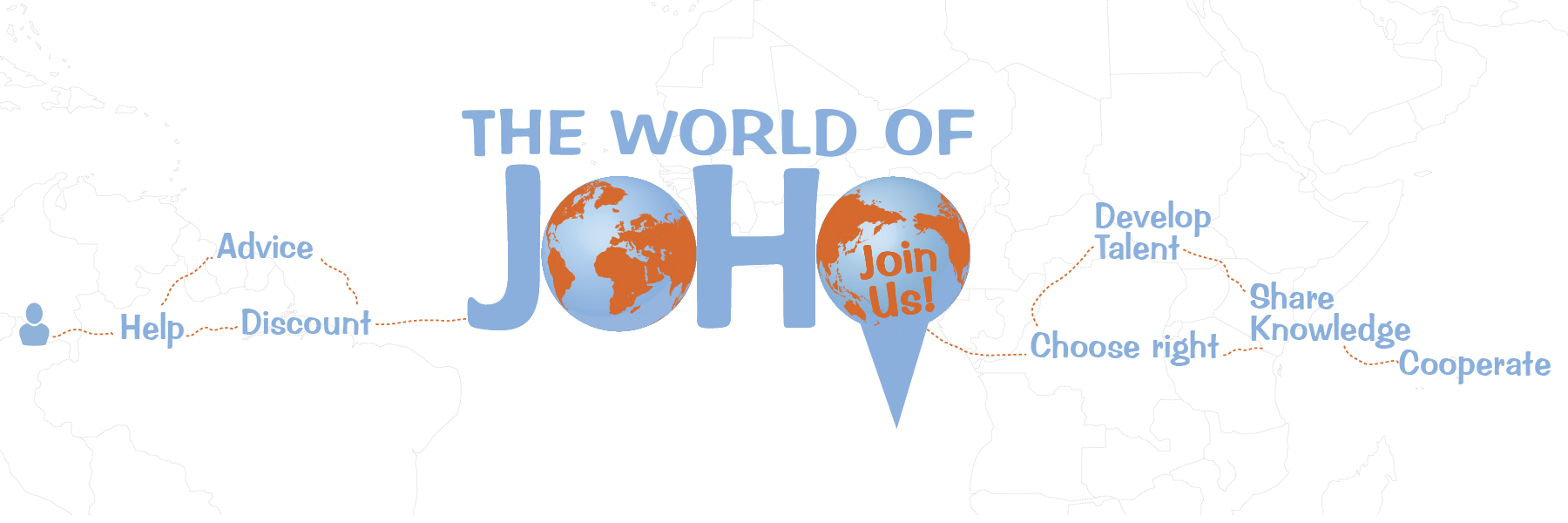Obesity and the brain: how convincing is the addiction model?
Ziauddeen, Farooqi & Fletcher (2012)
Nature reviews neuroscience
Introduction
Central to weight gain is the development of an energy imbalance, a situation that arises as a result of complex interactions between an individual’s biology and environmental factors.
Obesity and addiction: two views
Central is the idea that someone can become a ‘food addict’.
Two broad ideas of food addiction are: 1) Certain foods are akin to addictive substances insofar as they engage brain systems and produce behavioural adaptions comparable to those engendered by drugs of abuse. What the putatively addictive foods are has yet to be fully defined. 2) A behavioural phenotype that is seen in a subgroup of people with obesity and resembles drug addiction. Food-addiction phenotype is most apparent in individuals with binge-eating disorder.
A closer look at the evidence
At a population level, one of the main drivers of the rise in prevalence of obesity seems to be increased availability of food, with a consequent imbalance between energy intake and expenditure. Any loss of control of eating, which is important to the idea of obesity as addiction, is very subtle in most of the obese population. We cannot ignore social circumstances.
Five key pieces of evidence cited in support of the addiction model are: 1) A clinical overlap between obesity (or more specifically binge eating disorder) and drug addiction. 2) Evidence of shared vulnerability to both obesity and substance addiction. 3) Evidence of tolerance, withdrawal, and compulsive food-seeking in animals models of overexposure to high-sugar and/or high-fat diets. 4) Evidence of lower levels of striatal dopamine receptors in obese humans. 5) Evidence of altered brain responses to food-related stimuli in obese individuals.
Clinical overlap
Substance dependence is defined by the presence of characteristic patterns of behaviour, and it has been suggested that similar patterns characterize obesity. Although some features translate reasonably well form substance abuse to overeating, others do not. Tolerance and withdrawal are not convincingly observed in the human eating literature. Food is necessary for survival, is easy to obtain openly and does not (generally) provoke social opprobrium.
In binge eating disorder, we can recognize a behavioural syndrome more convincingly like that of drug addiction, entailing loos of control of eating, escalating consumption, compulsivity, restriction of activities, time spend in perusing behaviour, and possibly consuming to ameliorate dysphoric and negative effects.
Shared vulnerabilities
There may be shared genetic susceptibilities to obesity and drug addiction. A family history of alcoholism is associated with increased risk of obesity. Binge eating disorder is associated with increased levels of substance-use disorders in relatives.
Sensitivity to reward is a personality trait that has been associated with obesity and drug addiction. It has been argued that, as in drug addiction, obese individuals have lower reward sensitivity, resulting in compensatory overconsumption.
Impulsivity has been identified as a risk factor for substance addictions.
Evidence from animal models
Using highly palatable foods and highly structured intermittent-access regimes, it has been possible to induce an addiction-like phenotype in rats. Rats with intermitted access to high-sugar and high-fat foods develop escalating, binge-like eating behaviours. But, the escalation of sugar and fat intake is offset by decreases in intake of their normal food supply.
In the case of sugar ‘addiction’ enforced abstinence is associated with enhanced motivation toward food. A withdrawal syndrome has been demonstrated.
In animals binge-eating on high-sugar diets, the dopamine release that occurs with food exposure fails to habituate with loss of novelity. There is development of a reward-deficiency state similar to that seen with drugs of abuse. Obesity-prone animals have been shown to have lower baseline levels of dopamine.
The combination of high fat and high sugar can produce a compulsive overeating syndrome, accompanied by obesity and the development of a negative anhedonic state.
Dopamine receptor studies in human obesity
There are reduced striatal D2R binding in a group of obese individuals. D2R levels were negatively correlated with BMI, but this is not a consistent correlate.
That obesity is characterized by striatal hypofunction, is consistent with a reward-deficiency account of overeating. The idea is that overeating arises because there is less hedonic value in food, leading to compensatory over-consumption.
Striatal hypofunction is compounded by reduced inhibitory control.
Food stimulation does not always have an impact on D2R striatal binding.
Functional neuroimaging
Functional responses to foods and food-related stimuli in key reward-related brain regions are not consistently perturbed.
Functional neuroimaging does not support the addiction model. A growing body of work has not supported any single view of obesity and overeating. Even when analysis is confined to subgroups showing binge-eating behaviour, there has been no convincing or consistent pattern of abnormal responding in the reward circuitry.
Conclusions
Three conclusions are: 1) The vast majority of overweight individuals have not shown a convincing behavioural or neurobiological profile that resembles addiction. 2) Even when we refine the phenotype to characterize individuals who show obesity caused by binge eating disorder, the evidence for an overlap with addiction is inconsistent and weak. 3) Given the absence of good evidence, the ubiquitous influence of the addiction model of overeating and consequent obesity is remarkable.
- for free to follow other supporters, see more content and use the tools
- for €10,- by becoming a member to see all content
Waarom een account aanmaken?
- Je WorldSupporter account geeft je toegang tot alle functionaliteiten van het platform
- Zodra je bent ingelogd kun je onder andere:
- pagina's aan je lijst met favorieten toevoegen
- feedback achterlaten
- deelnemen aan discussies
- zelf bijdragen delen via de 7 WorldSupporter tools
Planning to go abroad?
Live, Study, Travel, Help or Work abroad?
Je vertrek voorbereiden of je verzekering afsluiten bij studie, stage of onderzoek in het buitenland
Study or work abroad? check your insurance options with The JoHo Foundation
- 1 of 188
- volgende ›
 Addiction and compulsions
Addiction and compulsions
This bundle contians all sorts of information about addiction and compulsions.












Add new contribution